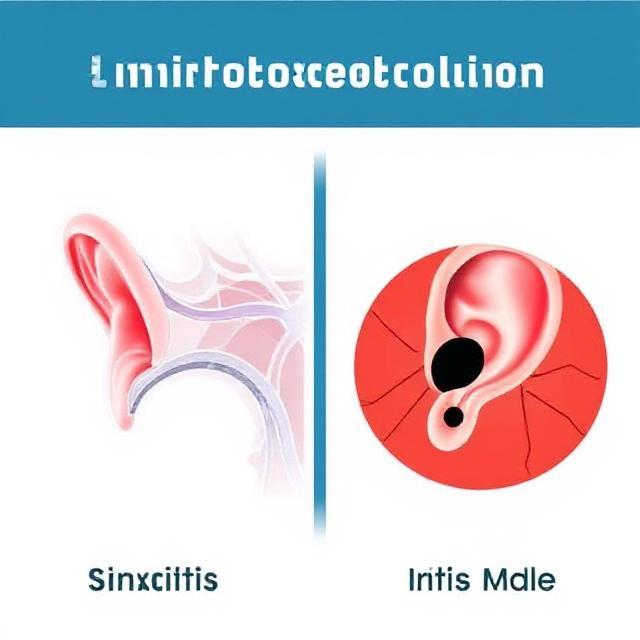Flu and Immune Response are closely linked, as the body's defense system fights the influenza virus. When infected, the immune system activates white blood cells, such as macrophages and T-cells, to attack the virus. It also releases cytokines, which cause inflammation, leading to fever, fatigue, and body aches. Antibodies are produced to neutralize the virus and prevent reinfection. A strong flu and immune response can shorten illness duration, while a weakened immune system may lead to complications. Vaccination boosts immunity, helping the body recognize and combat the flu more effectively, reducing severity and the risk of severe symptoms.
Flu and Immune Response
Certainly! The influenza virus (flu) can significantly weaken the immune system's defenses, making the body more susceptible to secondary infections and severe complications. Here’s a detailed breakdown of how the flu impairs immune function:
1. Direct Damage to Respiratory Epithelial Cells
-
The flu primarily targets respiratory epithelial cells in the nose, throat, and lungs.
-
The virus binds to sialic acid receptors on these cells, enters them, and hijacks their machinery to replicate.
-
This leads to cell death and destruction of the respiratory barrier, compromising the first line of defense.
2. Overactivation of the Immune System (Cytokine Storm)
-
The immune system responds aggressively to the flu by releasing pro-inflammatory cytokines (e.g., IL-6, TNF-α, IFN-γ).
-
In severe cases, this leads to a cytokine storm—an excessive immune reaction that causes:
-
Tissue damage in the lungs (leading to pneumonia).
-
Systemic inflammation, contributing to sepsis-like symptoms.
-
Immune exhaustion, where immune cells become overworked and less effective.
-
3. Suppression of Antiviral Defenses (Interferon Inhibition)
-
Interferons (IFNs) are crucial for antiviral defense, signaling nearby cells to resist infection.
-
The flu virus has mechanisms to block interferon production and signaling, weakening the body’s ability to fight not just the flu but also other viruses (e.g., rhinovirus, RSV).
4. Impaired Macrophage and Dendritic Cell Function
-
Alveolar macrophages (lung immune cells) are often infected or depleted, reducing their ability to clear pathogens.
-
Dendritic cells (which present viral antigens to T-cells) may function poorly, leading to weaker adaptive immune responses.
5. Lymphopenia (Reduction in Immune Cells)
-
Severe flu infections can cause lymphopenia (low lymphocyte counts), particularly affecting:
-
CD4+ and CD8+ T-cells (critical for killing infected cells).
-
B-cells (needed for antibody production).
-
-
This leaves the body vulnerable to secondary bacterial infections (e.g., Streptococcus pneumoniae, Staphylococcus aureus).
6. Increased Susceptibility to Secondary Infections
-
Due to damaged respiratory epithelium, weakened immune surveillance, and lymphopenia, bacterial pathogens can easily invade.
-
Common secondary infections include:
-
Bacterial pneumonia (a leading cause of flu-related deaths).
-
Sinusitis and otitis media (ear infections).
-

7. Long-Term Immune Exhaustion
-
Chronic or severe flu infections can lead to T-cell exhaustion, where immune cells become less responsive.
-
This may contribute to prolonged recovery times and increased risk of reinfection.
Conclusion: Why the Flu Weakens Immune Defenses
The flu disrupts multiple layers of immunity, including:
✔ Physical barriers (epithelial damage).
✔ Innate immunity (interferon suppression, macrophage dysfunction).
✔ Adaptive immunity (T-cell and B-cell impairment).
A doctor’s approval for flu recovery confirms that a patient has recovered and is fit to return to work or school. It ensures proper rest and prevents contagion.

This temporary immunosuppression explains why flu patients often suffer from secondary infections and prolonged illness. Vaccination and supportive care (hydration, rest, antivirals like oseltamivir) help mitigate these effects.

